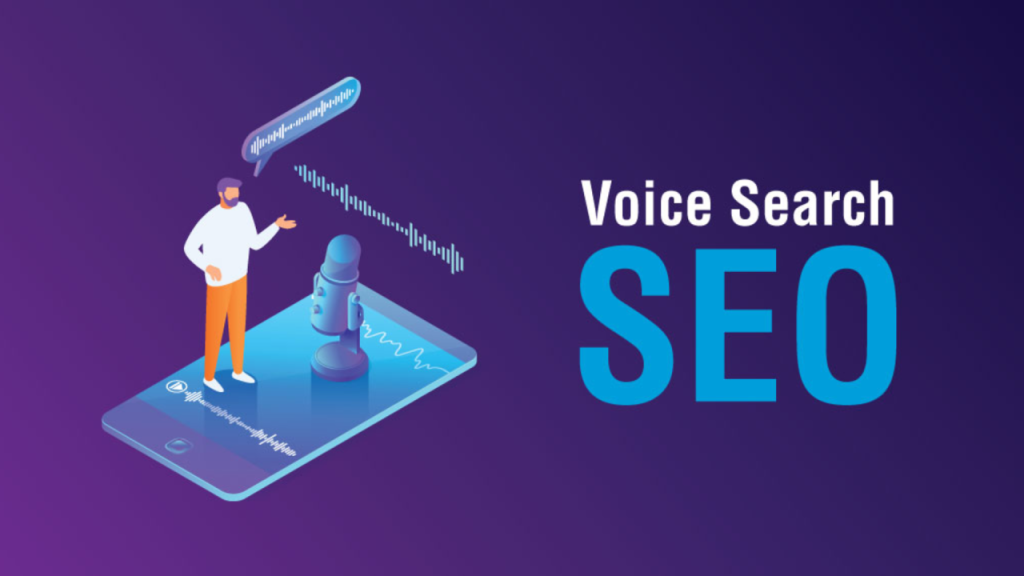Table of contents
In the ever-evolving landscape of digital marketing, SEO (Search Engine Optimization) stands as a cornerstone strategy for businesses and individuals looking to enhance their online presence. This comprehensive guide will delve into the depths of what SEO is in the context of digital marketing, shedding light on its importance, key components, and the ways it can be harnessed to drive organic growth.
SEO in digital marketing refers to the strategic practice of optimizing digital assets, such as websites and online content, to rank higher on search engine results pages (SERPs). By aligning with search engine algorithms, businesses can improve their visibility to users who are actively searching for products, services, or information related to their industry. SEO encompasses a spectrum of techniques, including on-page optimization, off-page optimization, keyword research, content creation, and technical adjustments, all aimed at enhancing a website’s visibility and authority.
Power of Keywords
Keywords serve as the foundation of SEO in digital marketing. These are the phrases and terms users enter into search engines when seeking information. Proper keyword research involves identifying relevant and high-traffic keywords to target in your content. By naturally incorporating these keywords into your website’s content, you increase the likelihood of your pages ranking higher in search results, driving targeted traffic to your site.
On-Page Optimization
On-page optimization involves fine-tuning the elements on your website to make it more appealing to search engines and users. This includes optimizing meta titles and descriptions, using header tags to structure content, incorporating keywords into headings and subheadings, and ensuring a seamless user experience through responsive design and fast loading times.
Quality content lies at the heart of successful SEO in digital marketing. Search engines value fresh, relevant, and informative content that addresses users’ needs. By consistently producing valuable content, you establish authority in your niche and encourage other websites to link back to your pages, boosting your site’s credibility and organic ranking.
Building Authority and Backlinks
Off-page optimization focuses on building a website’s authority and reputation across the web. One of the key tactics in this realm is link-building. By acquiring high-quality backlinks from authoritative sources, you signal to search engines that your content is trustworthy and relevant, which can lead to higher rankings.
Technical SEO
Technical SEO revolves around the technical aspects of your website that impact its visibility and user experience. This includes optimizing site speed, ensuring mobile-friendliness, implementing structured data markup for richer search results, and creating XML sitemaps to aid search engine crawlers in navigating your site efficiently.
Local SEO
For businesses with a physical presence, local SEO is crucial. This strategy optimizes your online presence to attract users within a specific geographic area. By claiming and optimizing your Google My Business listing, obtaining reviews, and ensuring consistent NAP (Name, Address, Phone number) information across directories, you can enhance your visibility in local searches.
User experience (UX) is intrinsically linked to SEO in digital marketing. Search engines prioritize websites that offer seamless navigation, relevant content, and fast loading times. A positive user experience not only keeps visitors engaged but also reduces bounce rates, signaling to search engines that your site is valuable to users.
Mobile Optimization
With the majority of online searches happening on mobile devices, mobile optimization has become paramount. Google’s mobile-first indexing means that search engines primarily use the mobile version of a website’s content to index and rank pages. Ensuring your site is responsive and mobile-friendly is no longer an option but a necessity.
To gauge the effectiveness of your SEO efforts, it’s essential to track relevant metrics using tools like Google Analytics. Monitor key performance indicators such as organic traffic, bounce rates, click-through rates, and keyword rankings. These insights provide a clear picture of what’s working and what needs refinement.

Voice Search and SEO
With the rise of voice-activated devices, optimizing for voice search is gaining importance. Voice queries are often conversational and longer, so incorporating natural language and long-tail keywords into your content can help capture voice-based search traffic.
Search engine algorithms are constantly evolving to deliver better results to users. Staying informed about algorithm updates, such as Google’s core updates, is essential. These updates can impact your site’s rankings, so adapting your SEO strategies accordingly is crucial.

Conclusion
In the vast realm of digital marketing, understanding what SEO is and how it operates is indispensable. By implementing effective SEO strategies, you can position your website to reach a broader audience, increase organic traffic, and ultimately achieve your online objectives . Embrace the ever-changing landscape of SEO, adapt to algorithmic shifts, and consistently provide valuable content to not only improve your search rankings but also create a valuable experience for your users.
Read more: How To Create an SEO Strategy for 2023?
FAQ’S
Absolutely. While SEO can be complex, there are numerous resources and guides available online to help you learn the ropes. Implementing basic optimization techniques can have a positive impact on your site’s visibility.
SEO is a gradual process, and the timeline for seeing results can vary based on factors such as competition, keyword difficulty, and the quality of your efforts. Generally, noticeable improvements can take a few months.
No, paid ads and SEO are distinct strategies. Paid ads involve paying for placements on search results pages, while SEO focuses on optimizing organic (unpaid) search visibility.




